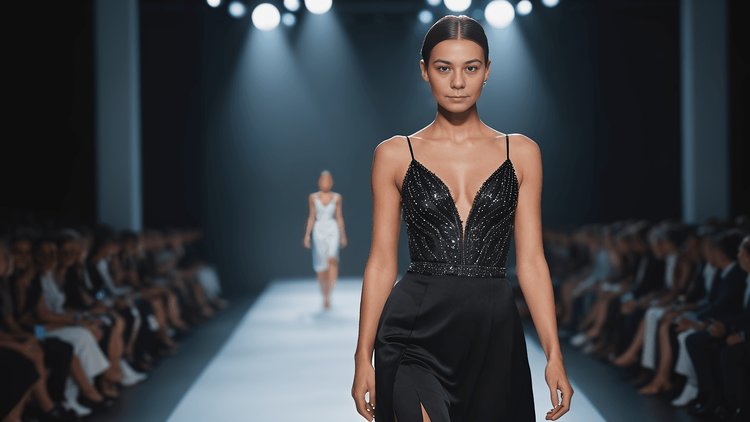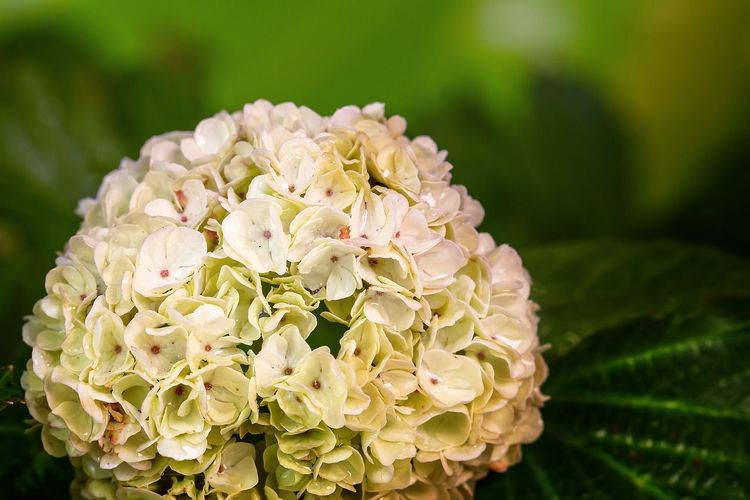YouTube has unveiled its strategy for addressing the influence of AI technology on the music industry in relation to its video hosting platform and its partnerships with artists, labels, and other rights holders. While acknowledging AI’s potential to enhance music's creative expression, the company emphasizes the importance of safeguarding the integrity of artists’ work.
To facilitate this, YouTube is launching the Music AI Incubator, which aims to collaborate with artists, songwriters, and producers to shape its AI initiatives.
The program begins with partnerships involving Universal Music Group (UMG) and its impressive roster, which includes talent such as the songwriter and producer Anitta; songwriter, producer, and entrepreneur Björn Ulvaeus; composer and producer Don Was; Colombian artist Juanes; producer Louis Bell; composer Max Richter; songwriter Rodney Jerkins; singer-songwriter Rosanne Cash; OneRepublic’s Ryan Tedder; rapper and philanthropist Yo Gotti; and the estate of Frank Sinatra.
In contrast to YouTube's proactive stance, UMG has approached AI with caution. Earlier this year, UMG requested streaming platforms like Spotify to bar AI companies from using its music for model training. The label also issued copyright strikes against AI-generated videos that utilized its artists' works. For example, following the viral success of an AI song mimicking Drake and The Weeknd, UMG had it removed from Spotify and Apple Music.
The primary concern for UMG, echoing sentiments in various creative industries, is the unauthorized use of artists’ work for training AI models and subsequent creation of new art without appropriate permissions or compensation. Thus, UMG and YouTube are collaborating to establish a framework that ensures rights holders receive fair compensation.
YouTube acknowledges its historical awareness of the tension between emerging technologies and artist compensation, highlighting its substantial investments in systems that balance the interests of copyright holders and the creative community on its platform. The company points to its Content ID system, which guarantees that rights holders are compensated for their content. YouTube suggests that a similar framework could be adapted for AI in music—specifically for those “music partners who choose to engage.”
The company emphasizes that trust and safety underpin this initiative, noting its existing policies to manage manipulated content that misleads viewers. YouTube aims to expand these systems to prevent generative AI from being used for copyright infringement, misinformation, and spam. Instead, it plans to leverage AI technologies to detect such content effectively.
YouTube has indicated that it will provide further insights on its AI music system, including specifics about the technologies involved, monetization opportunities, and developing policies.
“I’m incredibly excited about the potential of AI to enhance creativity globally, but I recognize that YouTube and the prospects of AI can only thrive if our partners succeed,” stated YouTube CEO Neal Mohan in the announcement. “Together, we can leverage this technology to support artists, songwriters, producers, and the industry while creating value for fans and expanding creative boundaries.”







